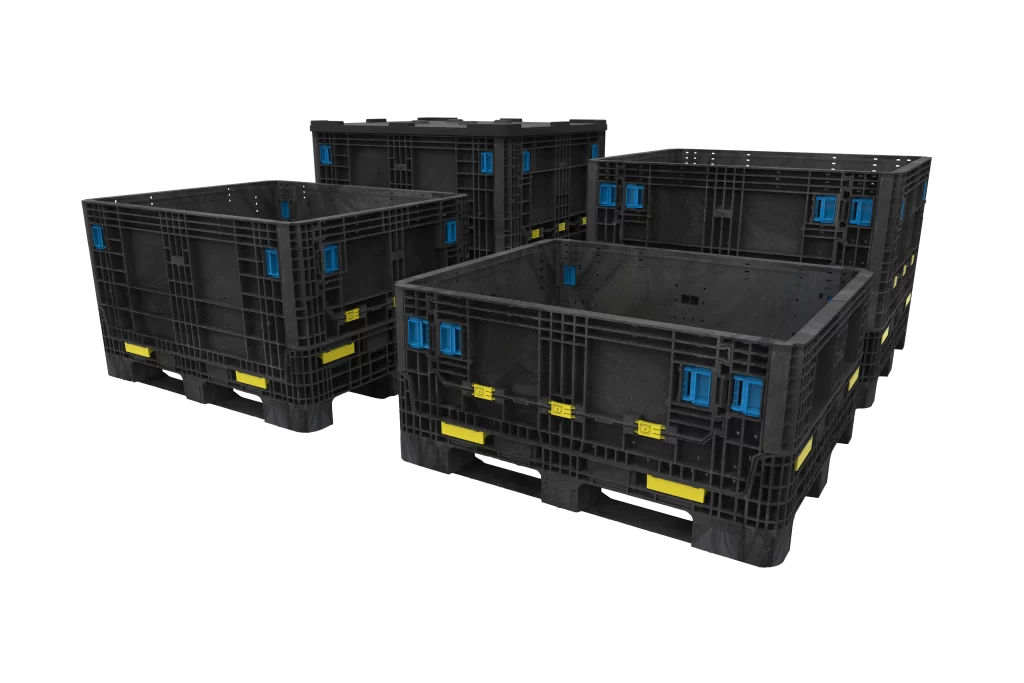Optimizing Supply Chains – Reusable Containers for Enhanced Transport Efficiency
In today’s world, where optimizing supply chains are crucial for business success and environmental responsibility, reusable containers are emerging as a game-changer. These sturdy, multi-trip packaging solutions offer a compelling alternative to traditional single-use options, boosting transport efficiency in several key ways. Firstly, reusable containers excel in maximizing space utilization. Their standardized designs, often featuring stackable or interlocking features, allow for tighter packing within trucks and warehouses. This reduces wasted space compared to bulky cardboard boxes or oddly shaped packaging materials. By fitting more goods into a single shipment, companies can significantly decrease the number of trips required, leading to substantial fuel savings and lower carbon emissions. Furthermore, reusable containers enhance loading and unloading efficiency. Their robust construction allows for faster and safer handling with forklifts and other machinery, minimizing the risk of damage during transit.

This translates to quicker turnaround times and reduced labor costs associated with handling and sorting individual packages. The benefits extend beyond just space optimization. Reusable containers offer superior protection for goods compared to their disposable counterparts. Their sturdier build is less susceptible to crushing, tearing, or weather damage; ensuring products arrive at their destination in pristine condition. This not only minimizes product loss but also eliminates the need for additional internal packaging materials, further reducing waste. The economic advantages of reusable bulk containers are undeniable. While the initial investment might be higher than single-use packaging, the long lifespan of these containers translates to significant cost savings over time. Additionally, the reduction in damage and product loss contributes to a healthier bottom line. Furthermore, companies implementing reusable packaging solutions can leverage their commitment to sustainability as a marketing advantage, attracting environmentally conscious customers.
Additionally, the standardized size and weight of these containers simplify inventory management and warehouse operations. However, the adoption of reusable containers does come with some challenges. Establishing a well-functioning reverse logistics system for collecting and cleaning used containers is crucial for their success. Collaboration between supply chain partners is essential to ensure the efficient movement and return of these containers. Additionally, factors like cleaning costs and the potential for container loss need to be carefully considered. Despite these challenges, the environmental and economic benefits of reusable containers make them a compelling choice for businesses looking to optimize their supply chains. As sustainability concerns continue to grow, reusable containers are poised to become the standard in efficient and responsible transportation. By embracing this innovative approach, companies can contribute to a greener future while reaping significant cost savings and operational improvements.